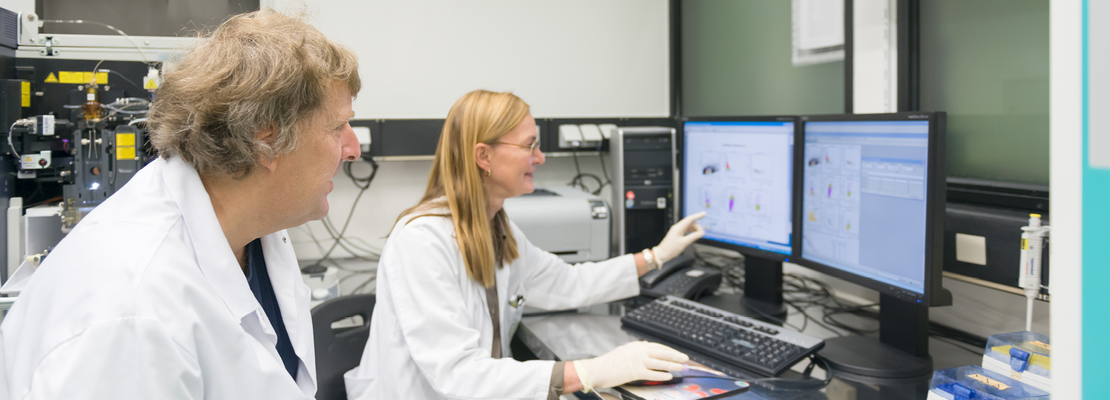Ralf Weiskirchen
Institute of Molecular Pathobiochemistry, Experimental Gene Therapy and Clinical Chemistry
RWTH University Hospital Aachen
Pauwelsstr. 30
D-52074 Aachen
Germany
Phone: +49 241 80-88683
Telefax: +49 241 80-82171
rweiskirchenukaachende
Education and Degrees:
(1970-1974) Primary school, Katholische Grundschule in Bergisch Gladbach (NRW)
(1974-1983) Secondary school, Dietrich-Bonhoeffer-Gymnasium in Bergisch Gladbach
(1983-1989) University of Cologne, Studies in Biology
(1988-1989) Diploma thesis at the Institute of Biochemistry, Faculty of Science, University of Cologne
(1989-1990) Alternative service at the Institute of Clinical Chemistry, Medical Faculty, University Hospital of Cologne
(1990-1994) Doctoral thesis (PhD) at the Institute of Biochemistry, Medical Faculty, University of Cologne
(1994) PhD thesis (summa cum laude)
(2001) Habilitation and Venia legendi in Pathobiochemistry and Molecular Biology
(2007) Professor assignment
Professional Positions:
(1988-1989) Student assistant at the Institute of Biochemistry, Faculty of Science, University of Cologne
(1989-1990) Research assistant at the Institute of Clinical Chemistry, Medical Faculty, University Hospital of Cologne
(1990-1993) Scientific research assistant, Institute of Biochemistry, Medical Faculty, University of Cologne
(1994-1999) Scientific staff member (Post-Doc), Institute of Biochemistry, Faculty of Science, University of Innsbruck (Austria)
(1999-2007) Staff member, Institute of Clinical Chemistry and Pathobiochemistry, Medical Faculty, University Hospital Aachen
(since 2007) Professor appointment within the Institute of Clinical Chemistry and Pathobiochemistry, Section Molecular Pathobiochemistry and Experimental Gene Therapy
(since 2014) Head of the Institute of Molecular Pathobiochemistry, Experimental Gene Therapy and Clinical Chemistry
Main Research Areas:
- Functional analysis of PDGF and TGF-beta signaling in hepatic fibrogenesis
- Development of novel therapeutic strategies for the treatment of liver fibrosis
- Characterisation of novel animal models for the study of organ fibrosis
- Transcriptional targeting of hepatic stellate cells
- Functional and structural analysis of LIM domain proteins (e.g. CRP2)
- Development of novel, gene-based tests for analysis fibrosis progression and predisposition
- Adenoviral expression technology







